With new technologies revolutionizing data collection, wildlife researchers are becoming increasingly able to collect data at much higher volumes than ever before. Now we are facing the challenges of putting this information to use, bringing the science of big data into the conservation arena. With the help of machine learning tools, this area holds immense potential for conservation practices. The applications range from online trafficking alerts to species-specific early warning systems to efficient movement and biodiversity monitoring and beyond.
However, the process of building effective machine learning tools depends upon large amounts of standardized training data, and conservationists currently lack an established system for standardization. How to best develop such a system and incentivize data sharing are questions at the forefront of this work. There are currently multiple AI-based conservation initiatives, including Wildlife Insights and WildBook, that are pioneering applications on this front.
This group is the perfect place to ask all your AI-related questions, no matter your skill level or previous familiarity! You'll find resources, meet other members with similar questions and experts who can answer them, and engage in exciting collaborative opportunities together.
Just getting started with AI in conservation? Check out our introduction tutorial, How Do I Train My First Machine Learning Model? with Daniel Situnayake, and our Virtual Meetup on Big Data. If you're coming from the more technical side of AI/ML, Sara Beery runs an AI for Conservation slack channel that might be of interest. Message her for an invite.
Header Image: Dr Claire Burke / @CBurkeSci

Explore the Basics: AI
Understanding the possibilities for incorporating new technology into your work can feel overwhelming. With so many tools available, so many resources to keep up with, and so many innovative projects happening around the world and in our community, it's easy to lose sight of how and why these new technologies matter, and how they can be practically applied to your projects.
Machine learning has huge potential in conservation tech, and its applications are growing every day! But the tradeoff of that potential is a big learning curve - or so it seems to those starting out with this powerful tool!
To help you explore the potential of AI (and prepare for some of our upcoming AI-themed events!), we've compiled simple, key resources, conversations, and videos to highlight the possibilities:
Three Resources for Beginners:
- Everything I know about Machine Learning and Camera Traps, Dan Morris | Resource library, camera traps, machine learning
- Using Computer Vision to Protect Endangered Species, Kasim Rafiq | Machine learning, data analysis, big cats
- Resource: WildID | WildID
Three Forum Threads for Beginners:
- I made an open-source tool to help you sort camera trap images | Petar Gyurov, Camera Traps
- Batch / Automated Cloud Processing | Chris Nicolas, Acoustic Monitoring
- Looking for help with camera trapping for Jaguars: Software for species ID and database building | Carmina Gutierrez, AI for Conservation
Three Tutorials for Beginners:
- How do I get started using machine learning for my camera traps? | Sara Beery, Tech Tutors
- How do I train my first machine learning model? | Daniel Situnayake, Tech Tutors
- Big Data in Conservation | Dave Thau, Dan Morris, Sarah Davidson, Virtual Meetups
Want to know more about AI, or have your specific machine learning questions answered by experts in the WILDLABS community? Make sure you join the conversation in our AI for Conservation group!
- @jsulloa
- | He/Him
Instituto Humboldt & Red Ecoacústica Colombiana
Scientist and engineer developing smart tools for ecology and biodiversity conservation.



- 3 Resources
- 22 Discussions
- 7 Groups
University of Florida (UF)
- 0 Resources
- 1 Discussions
- 4 Groups
- 0 Resources
- 0 Discussions
- 3 Groups
- @Valluc
- | he/him
- 0 Resources
- 0 Discussions
- 4 Groups
- @alekseisaunders
- | He/Him/His
Wildlife conservationist, ichthyologist, now pursuing a career in Software Engineering and Web Development
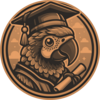
- 0 Resources
- 1 Discussions
- 4 Groups
- @Robincrocs
- | He/Him//El//Ele
Wildlife biologist, works with Caimans and Crocodiles
- 0 Resources
- 0 Discussions
- 15 Groups
PhD student at the University of Wuerzburg, working on the influence of climate change on animal migration, especially the Northern Bald Ibis.
- 1 Resources
- 0 Discussions
- 6 Groups
- @StephODonnell
- | She / Her
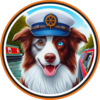


- 193 Resources
- 676 Discussions
- 32 Groups
2023 Bachelor Degree Graduate from the College of African Wildlife Management, Mweka.

- 0 Resources
- 3 Discussions
- 14 Groups
- @Ednavarro
- | He/Him
- 0 Resources
- 0 Discussions
- 4 Groups

- 0 Resources
- 7 Discussions
- 7 Groups

- 0 Resources
- 7 Discussions
- 1 Groups
Sign up for Data Science for Social Good 2024! This summer program is a great opportunity to get dedicated data science support on a conservation (tech) project or to get rich experience as a student in the field. More...
8 February 2024
Applications open for a PhD position in plant vibroacoustics at the University of Southampton
8 February 2024
We demonstrate the power of using passive acoustic monitoring & machine learning to survey species, using ruffed lemurs in southeastern Madagascar as an example.
23 January 2024
Article
new paper in Journal of Animal Ecology
17 January 2024
Do you work for a climate organization looking to multiply impact with AI? Apply for the Salesforce Accelerator - AI for Climate! This new philanthropic initiative is dedicated to supporting innovative solutions for...
16 January 2024
Two years in Cape Town, South Africa. Yearly visits to Rwanda. If you love to code, and all things Python/deep learning/tech stuff/ then you'll have an awesome time!
16 January 2024
Given the sharp increase in agricultural and infrastructure development and the paucity of widespread data available to support conservation management decisions, a more rapid and accurate tool for identifying fish...
11 January 2024
Article
An update on @Alasdair and @adanger24's HWC project
11 January 2024
Here are a few key insights from this year's event that we're carrying into 2024.
2 January 2024
For the current e-obs newsletter, Chris Beirne and I have summarized our previous work on the annotation of King vultures in Costa Rica.
20 December 2023
News from a grant to explore potential projects for monitoring biodiversity in latin american countries
16 December 2023
Milestones Systems and Polar Bear International present their test of bear-dar in Churchill in the this Youtube video: https://www.youtube.com/watch?v=WiXAHYCA99M
15 December 2023
June 2025
event
July 2025
October 2025
event
event
March 2025
event
February 2025
event
event
73 Products
Recently updated products
16 Products
Recently updated products
| Description | Activity | Replies | Groups | Updated |
|---|---|---|---|---|
| Hello All - @sarabeery et Al have just put a pre-print out on their educational insights into teaching Computer Vision to ecologists. I... |
|
Acoustics, AI for Conservation, Conservation Tech Training and Education, Early Career, Emerging Tech | 2 years 4 months ago | |
| The Conservation Technology Lab at San Diego Zoo seeks undergrads for summer projects in computer vision, machine learning, bioacoustics,... |
|
Acoustics, AI for Conservation, Conservation Tech Training and Education | 2 years 5 months ago | |
| I just came across this interesting paper in which seismic monotoring of animals like elephants was mentioned. This is the study refered to:Cheers,Lars |
|
AI for Conservation, Camera Traps, Emerging Tech, Ethics of Conservation Tech, Human-Wildlife Conflict, Geospatial, Sensors | 2 years 5 months ago | |
| Quick reminder that the deadline for applications is just shy of a week away. This workshop is particularly geared to teach ecologists computer vision tools to apply to their... |
|
Conservation Tech Training and Education, AI for Conservation | 2 years 5 months ago | |
| Hahaha, now I see why you were asking ... |
|
AI for Conservation | 2 years 5 months ago | |
| Hi all, one of the 8 MozFest 2023 spaces is 'Tech & Biodiversity', and the organisers seek input for an event on the intersection of... |
|
AI for Conservation, Ethics of Conservation Tech, Open Source Solutions | 2 years 6 months ago | |
| Out of curiosity, what are the similarities/differences between your platform and other image classification ones such as Wildlife Insights, WildID, ZambaCloud? I don't mean that... |
|
AI for Conservation, Emerging Tech | 2 years 7 months ago | |
| Thanks so much!! |
|
Acoustics, AI for Conservation, Animal Movement, Camera Traps, Community Base, Data management and processing tools, Drones, eDNA & Genomics, Emerging Tech, Open Source Solutions, Geospatial, Software Development | 2 years 7 months ago | |
| Hi there Camilo, What an interesting project! If you are looking for a lower cost, but effective tools for acoustic monitoring you might want to look into two options: ... |
|
Acoustics, AI for Conservation, Data management and processing tools, Sensors, Software Development, Latin America Community | 2 years 8 months ago | |
| Hi Yvan,If you find something which reaches your expectation and especially the ability to identify individual with plumage patterns I will be intereted.In the same idea that... |
|
AI for Conservation, Camera Traps | 2 years 9 months ago | |
| Have you considered creating a Kaggle competition? If you already have lots of images, and some that have been labelled, then this could be a good way to get people working on a... |
|
AI for Conservation, Autonomous Camera Traps for Insects, Camera Traps | 2 years 9 months ago | |
| Hi everyone, I'm new here! I'm a UX designer and researcher, and an animal lover. Excited to be part of Conservation Tech here at WildLabs... |
|
AI for Conservation, Human-Wildlife Conflict, Software Development, Wildlife Crime | 2 years 10 months ago |
PhD scholarship within environmental data science
3 February 2025 4:39pm
Webinar: Wildlife Drones’ Dragonfly – Revolutionizing VHF Tracking Technology
3 February 2025 4:31am
Automatic acoustic annotation (Deep Voice) - Looking for new projects and collaboration.
31 January 2025 4:28am
Software Developer - Key Conservation
28 January 2025 11:36pm
[deadline Jan 31] Climate Change AI workshop @ ICLR 2025 in Singapore
21 January 2025 6:33pm
BIOSPACE 2025
Nature Tech Unconference
Data science/analyst interested in volunteering for research or app development
17 January 2025 5:28am
Living Data 2025
16 January 2025 6:30pm
Looking for bird and bat audio datasets and related research for biodiversity AI project
8 January 2025 11:12am
15 January 2025 10:38pm
I have made a bird audio classifier for New Zealand birds. My dataset is the wrong region for you, but you're welcome to use any of my code. https://github.com/Wologman/Kaytoo The tool its self can be found here: https://drive.google.com/drive/folders/1X5j77w7qw9ExdnA2P7-RM-2FwgJcFjR0
Regards,
Olly
16 January 2025 9:38am
Hey, please find here a dataset about nocturnal bird calls in Europe
[2412.03633] NBM: an Open Dataset for the Acoustic Monitoring of Nocturnal Migratory Birds in Europe
Abstract page for arXiv paper 2412.03633: NBM: an Open Dataset for the Acoustic Monitoring of Nocturnal Migratory Birds in Europe
ICLR 2025
15 January 2025 4:58pm
Senior Firmware & Systems Engineer
15 January 2025 4:56pm
Postdoc on camera trapping, remote sensing, and AI for wildlife studies
15 January 2025 4:53pm
Thesis Collaboration
4 January 2025 5:15pm
7 January 2025 12:32pm
Hi Simon,
Did you already contact INBO? Both biologging and citizen science are big themes at INBO. Last year we had a master thesis on camera trapping invasive muntjac. You can send me a private message for more info!
14 January 2025 3:30pm
Hi Simon,
We're a biologging start-up based in Antwerp and are definitely open to collaborate if you're interested. We've got some programs going on with local zoo's. Feel free to send me a DM if you'd like to know more.
15 January 2025 8:30am
Hi Simon,
We (Reneco International Wildlife Consultants) have an ongoing collaboration with a local University (Abu Dhabi, UAE) for developing AI tools (cameratrap/drone images and video analyses) and biomimetic robots applied to conservation (e.g https://www.sciencedirect.com/science/article/pii/S1574954124004813 ). We also have a genetic team working on eDNA. Field experience could be possible, in UAE or Morocco.
Feel free to write me back if you may be interested and would like to know more
State of the art thermal imaging core and the zoo
28 October 2024 6:12pm
12 January 2025 9:04pm
I would also be interested - looking at starting a project that need observation of large african animals with nocturnal habits... Holy grail with unlimited funding would be a grid of 100's of cameras :-)
13 January 2025 9:15am
I love those numbers 😀 indeed a holy grail. I’ll send you a private mail.
13 January 2025 9:23am
@HeinrichS there’s still time for you or anyone else to make a funding submission to the wildlabs 2025 grants ❤️❤️❤️
I haven't applied for wildlabs funding, but I would love for others to apply that want to use my systems. My preference goes to those who want to use the most units :-)
Webinar: Drone-based VHF tracking for Wildlife Research and Management
9 January 2025 11:45pm
Which LLMs are most valuable for coding/debugging?
25 September 2024 5:48pm
4 October 2024 7:53pm
Thanks, Lampros!
29 October 2024 11:10am
When it comes to coding and debugging, several large language models (LLMs) stand out for their value. Here are a few of the most valuable LLMs for these tasks:
1. OpenAI's Codex: This model is specifically trained for programming tasks, making it excellent for generating code snippets, suggesting improvements, and even debugging existing code. It powers tools like GitHub Copilot, which developers find immensely helpful.
2. Google's PaLM: Known for its versatility, PaLM excels in understanding complex queries, making it suitable for coding-related tasks as well. Its ability to generate and refine code snippets is particularly useful for developers.
3. Meta's LLaMA: This model is designed to be adaptable and can be fine-tuned for specific coding tasks. Its open-source nature allows developers to customize it according to their needs, making it a flexible option for coding and debugging.
4. Mistral: Another emerging model that shows promise in various tasks, including programming. It’s being recognized for its capabilities in generating and understanding code.
These LLMs are gaining traction not just for their coding capabilities but also for their potential to streamline the debugging process, saving developers time and effort. If you want to dive deeper into the features and strengths of these models, you can check out the full article here: Best Open Source Large Language Models LLMs
9 January 2025 8:51pm
thanks kristy! super helpful list.
Conservation International - AI Innovation Manager
7 January 2025 6:26pm
What the mice get up to at night
6 January 2025 8:06am
7 January 2025 1:09pm
And I see now they can walk vertically up walls like Spider-Man.
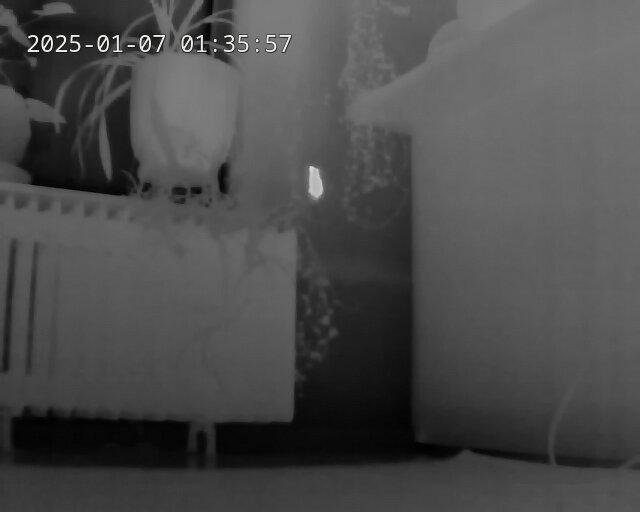
PhD Scholarship - Urban Kākā Ecology and Conservation
6 January 2025 4:24pm
PhD Scholarship - Recognising Taonga with AI: Facial Recognition for Kākā Conservation Management
6 January 2025 4:22pm
DeepForest Code Walkthrough - Airborne Machine Learning for Biodiversity Monitoring
6 January 2025 3:24pm
Ai for soil nutrient analysis
24 December 2024 6:42pm
30 December 2024 3:46pm
We'd love to see this added to The Inventory, our wiki-style databse of conservation tech tools, R&D projects, and organizations! Check out the user guide to learn more about how to add a page for your app. Give a shout with any questions!
5 January 2025 1:10am
Thank you for the comments. The app is not made available on the app or google store yet. It is applicable on android systems and does not need a high level skill to operate however one would need to be taught how to use the app and make meaning of the data.
5 January 2025 1:17am
New PhD - Drones, seaweeds & climate change
30 December 2024 11:33am
Pytorch Wildlife v5 detection in thermal
28 December 2024 10:35am
29 December 2024 8:08pm
I added plain old motion detection because megadetector v5 was not working well with the smaller rat images and in thermal.
This works really well:

Also, I can see really easily where the rat comes into the shed, see this series: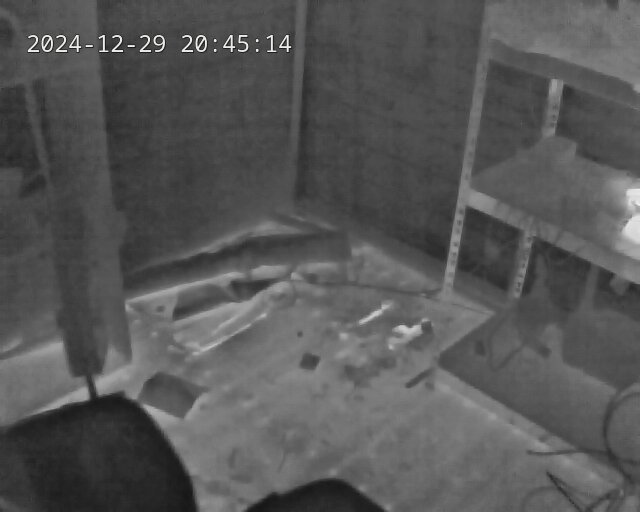
Just visible

Clearly visible.

So now I have a way to build up a create thermal dataset for training :-)
Announcement of Project SPARROW
18 December 2024 8:01pm
3 January 2025 6:48pm
Horizon scan of AI in nature conservation
18 December 2024 4:42pm
13 January 2025 12:56pm
13 January 2025 1:30pm
Postdoc on camera trapping, remote sensing, and AI for wildlife studies
18 December 2024 2:14pm







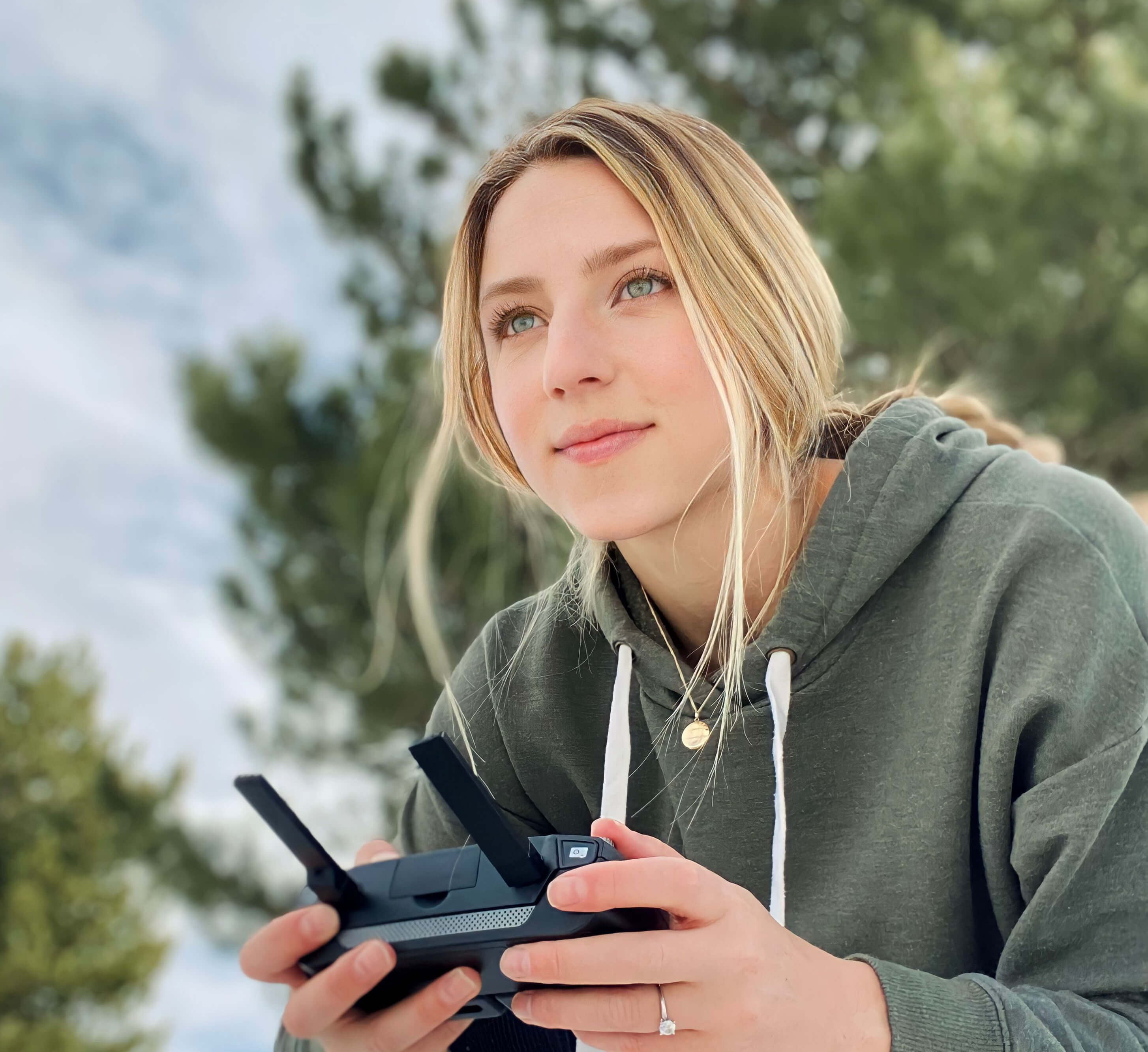



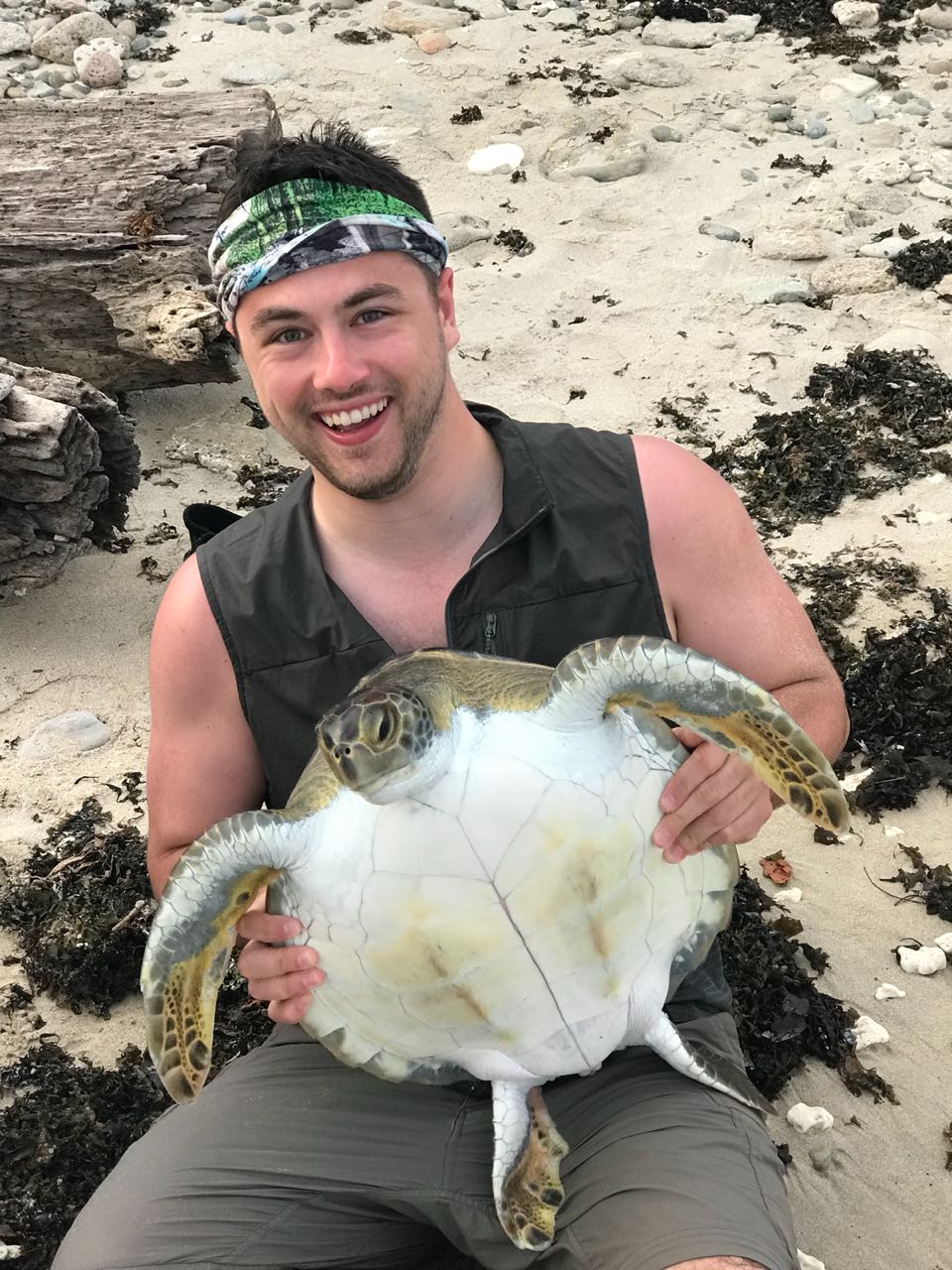


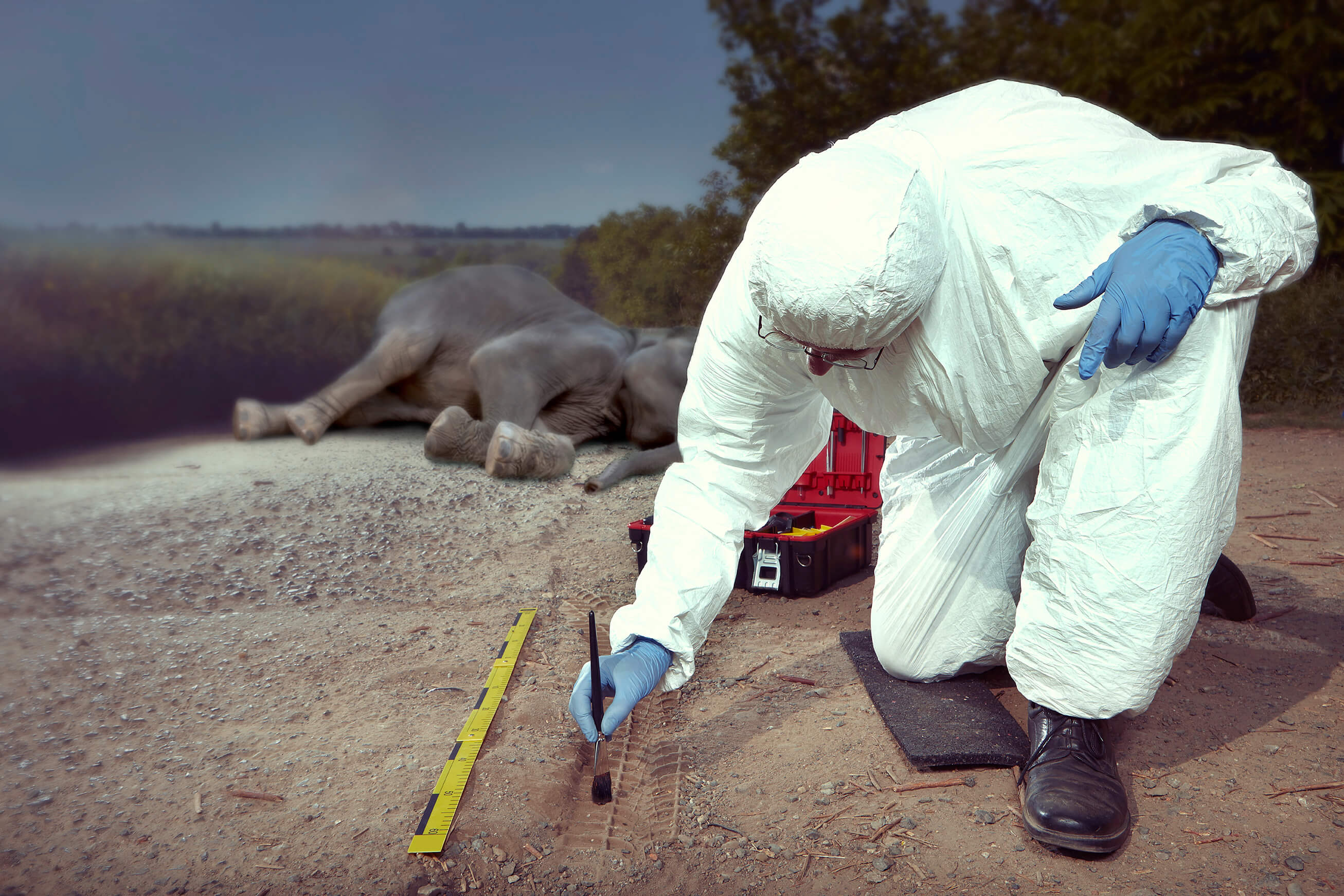
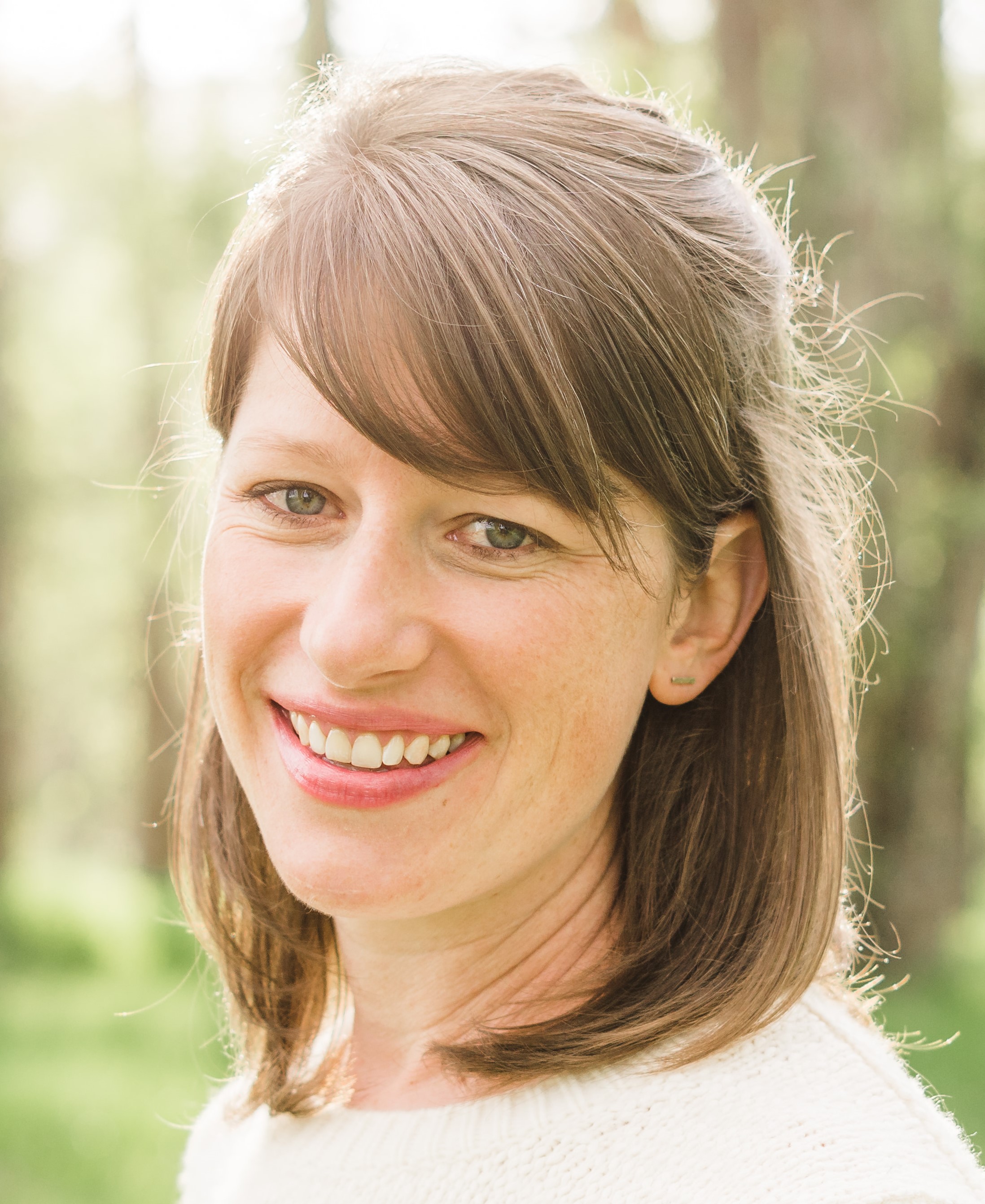

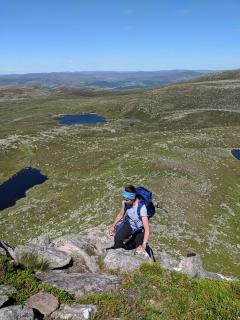

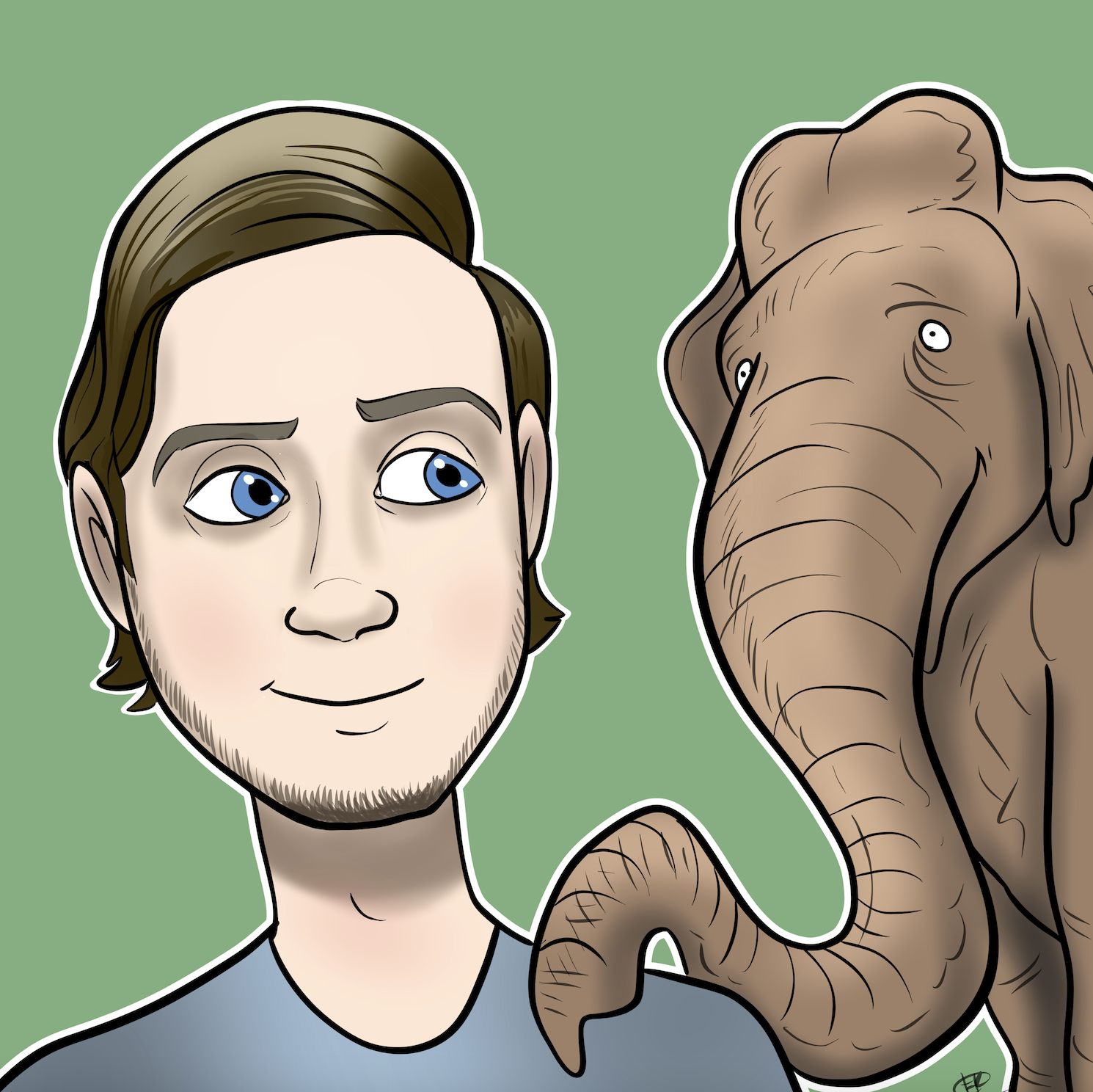










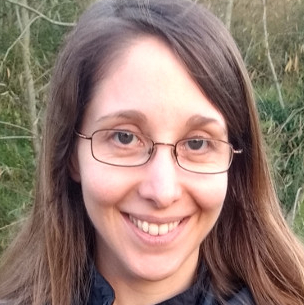






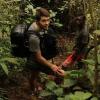





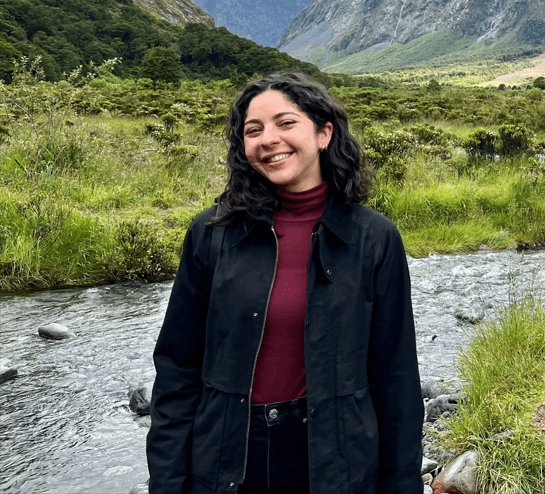

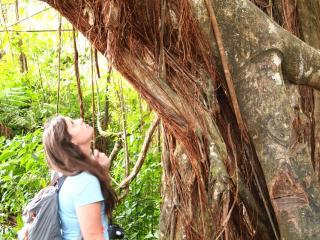



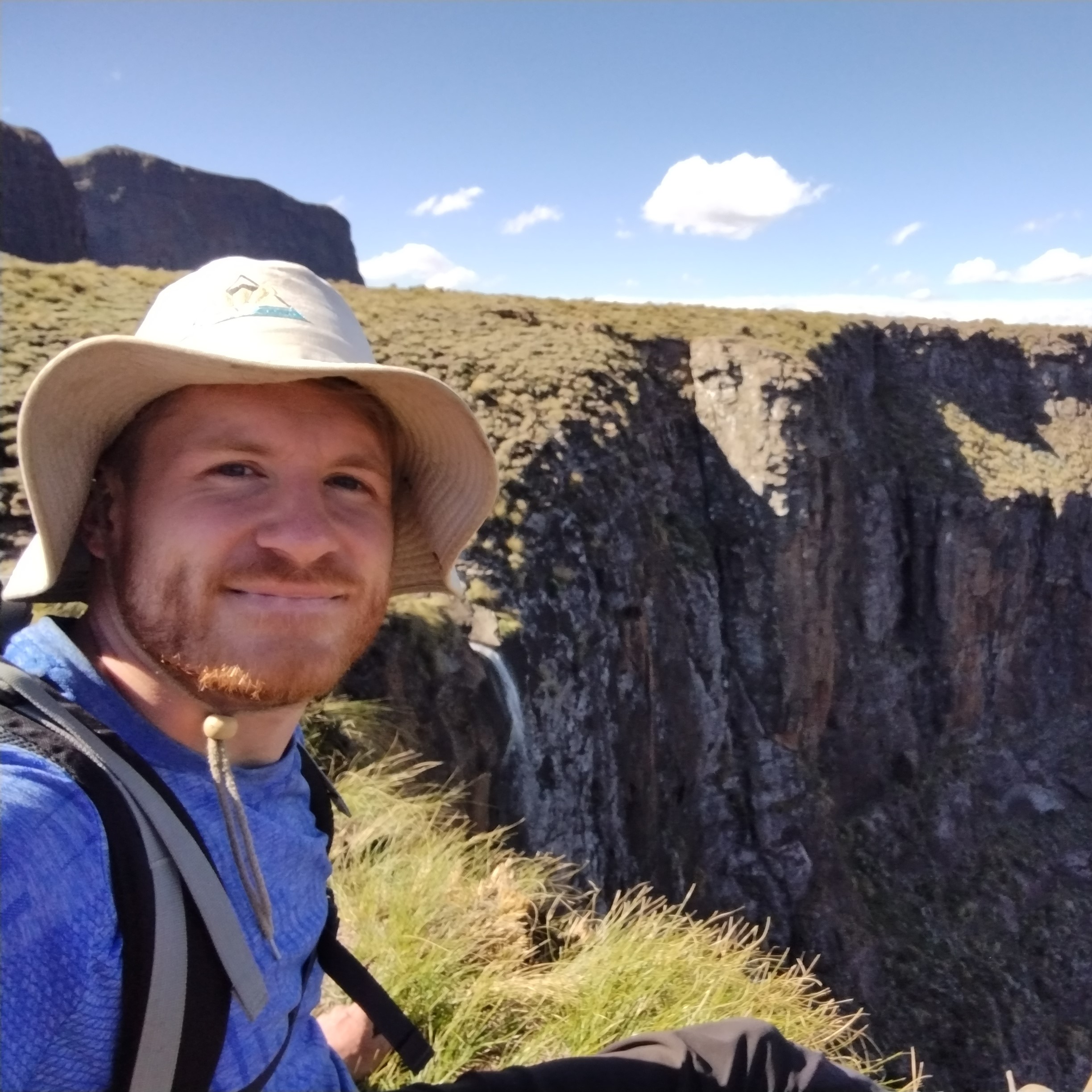









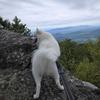



13 January 2025 5:28pm
Thank you very much!